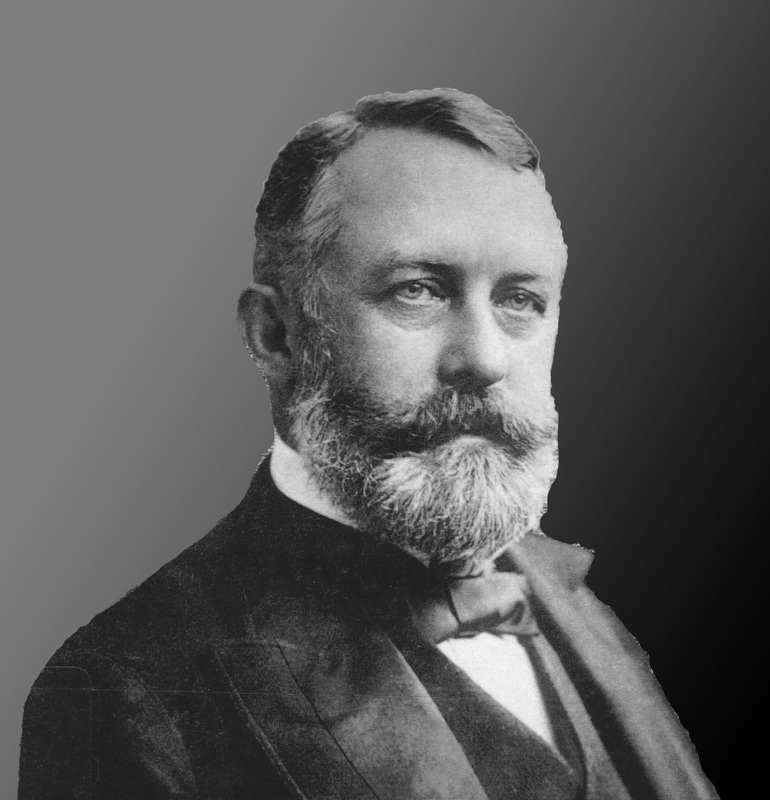
Pittsburgh Post, July 8, 1892
In an interview yesterday afternoon with Mr. George N. McCain, correspondent of the Philadelphia Press, Mr. H. C. Frick, chairman of the Carnegie Steel Company, Limited, said:
“The question at issue is a very grave one. It is whether the Carnegie Company or the Amalgamated Association shall have absolute control of our plant and business at Homestead. We have decided, after numerous fruitless conferences with the Amalgamated officials in the attempt to amicably adjust the existing difficulties, to operate the plant ourselves. The Edgar Thomson Works and our establishment at Duquesne are both operated by workmen who are not members of the Amalgamated Association with the greatest satisfaction to ourselves and to the unquestioned advantage of our employees.”
Reporter: “What was the basis of the differences existing at present between the Carnegie Company and their men, Mr. Frick?”
“There, were three points upon which we differed. (1) The skilled workmen in the Amalgamated Association work under what is known as a sliding scale. As the price of steel advances the earnings of the men advance; as the prices fall, their earnings decrease in proportion. (2) Under the present Amalgamated system the date of the expiration of the sliding scale is June 30, annually. We asked that this date be changed to December 31 (same as at Edgar Thomson), for the reason that the change would permit us to take our estimate upon the wages that we must pay during the year, beginning on January 1, so that we would be enabled to make contracts for the year accordingly. The third proposition was the reduction in tonnage rates in those departments in the mills where the improvements have been made and which enable the workingmen to increase the output and consequently their earnings.”
Reporter: “The Pinkerton men, as generally understood, had been summoned and all arrangements made with them to be on hand in case of failure by the sheriff to afford protection. Is that a fact or not?”
“The facts concerning the engagement of the Pinkerton men are these: From past experience, not only with the present sheriff but with all others, we have found that he has been unable to furnish us with a sufficient number of deputies to guard our property and protect the men who were anxious to work on our terms. As the union from the 1st of July had surrounded our works, we felt that for the safety of our property, and in order to protect our workmen, it was necessary for us to secure our own watchmen to assist the sheriff, and we knew of no other source from which to obtain them than from Pinkerton agencies, and to them we applied.
“We brought the watchmen here as quietly as possible; had them taken to Homestead at an hour of the night when we hoped to have them enter our works without any interference whatever and without meeting anybody. We proposed to land them on our own property, and all our efforts were to prevent the possibilities of a collision between our former workmen and our watchmen. We are to-day barred out of our property at Homestead, and have been since the 1st of July. There is nobody in the mills up there now; they are standing a silent mass of machinery with nobody to look after them. They are in the hands of our former workmen.”

0 Comments